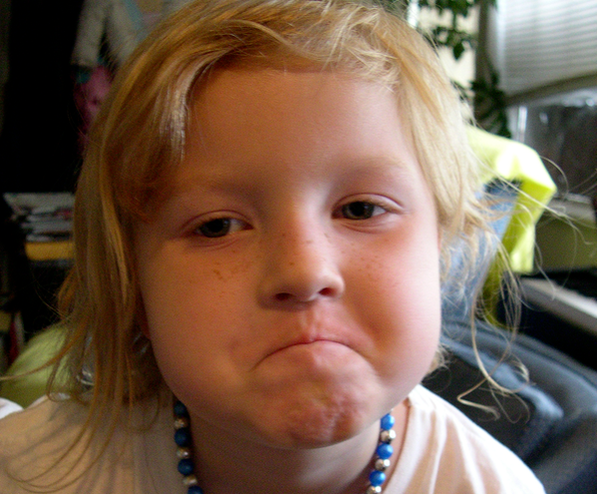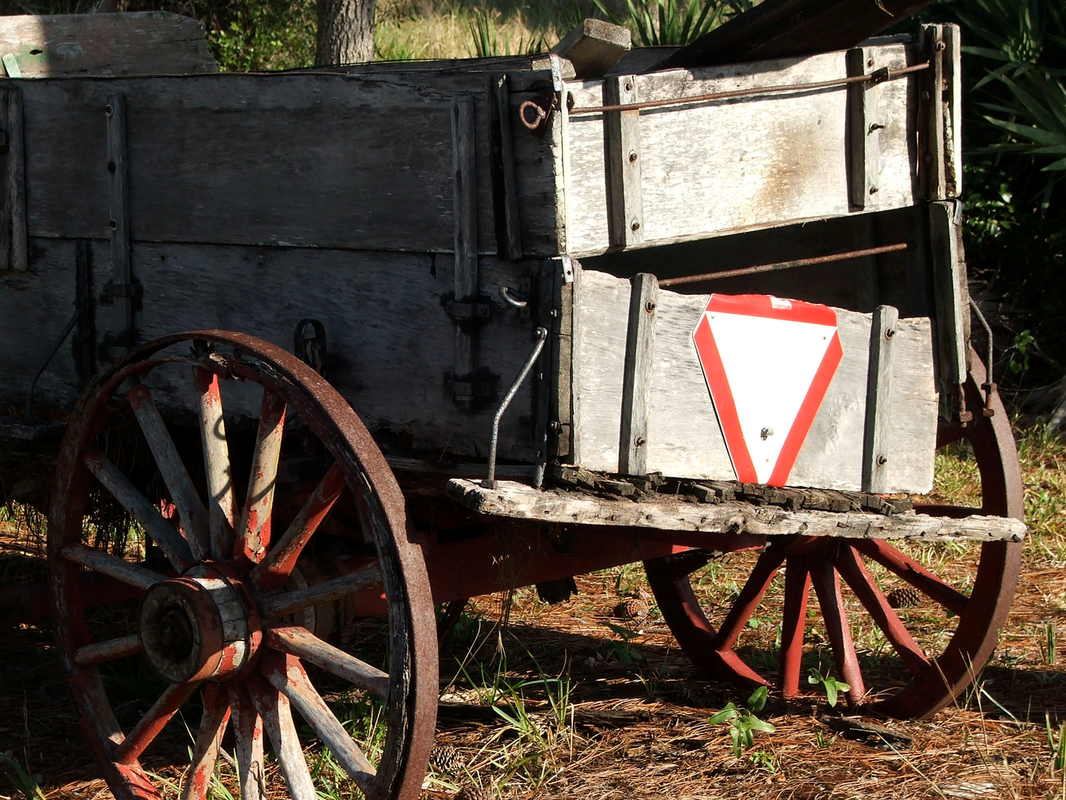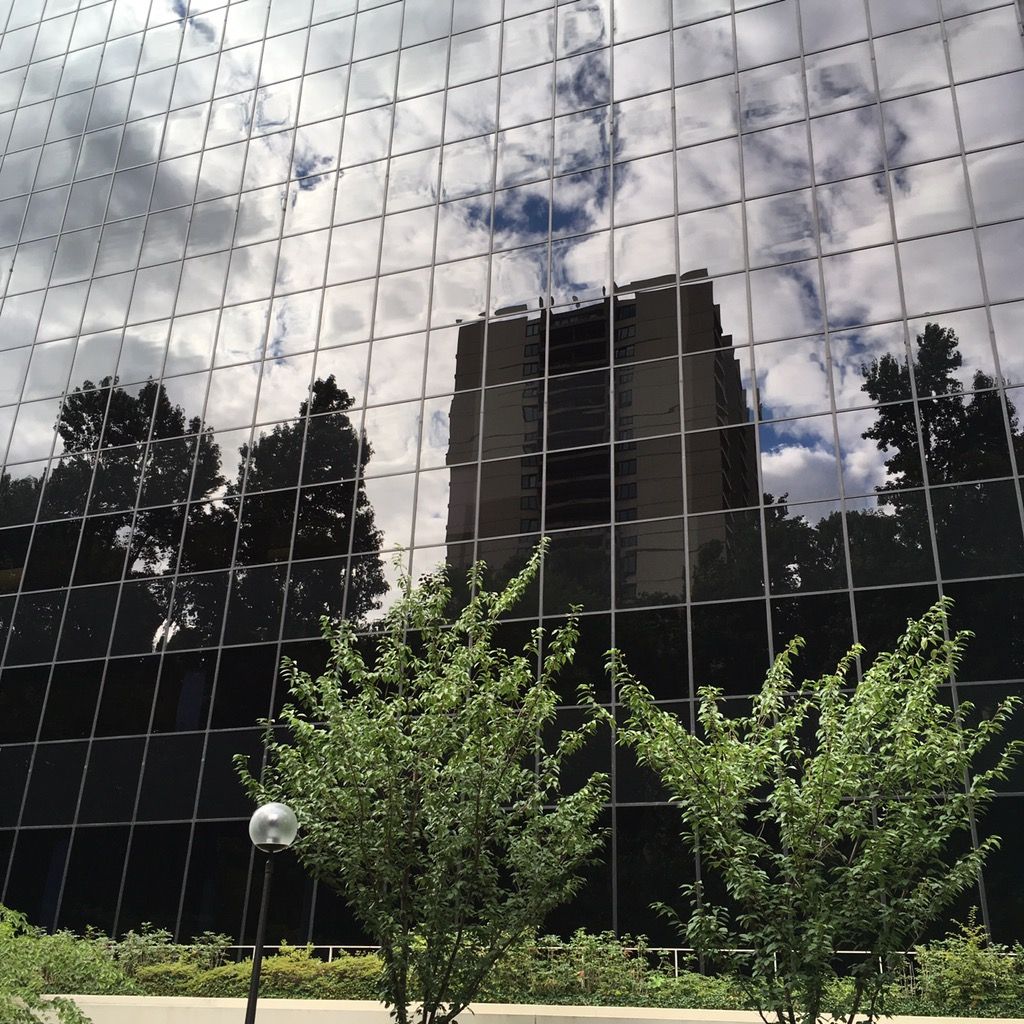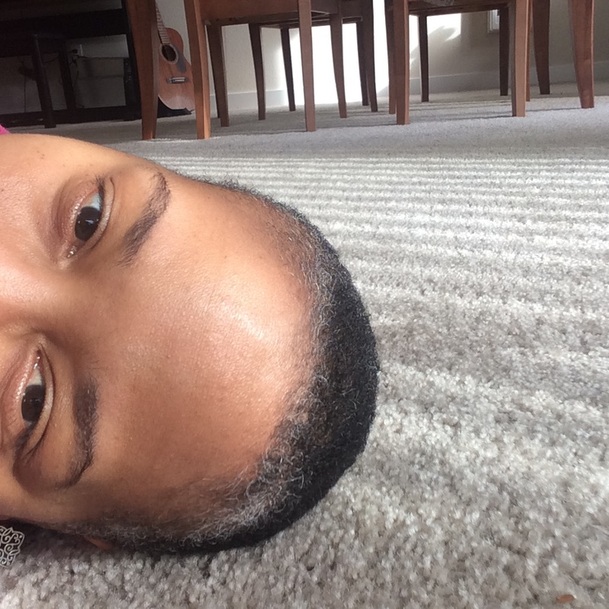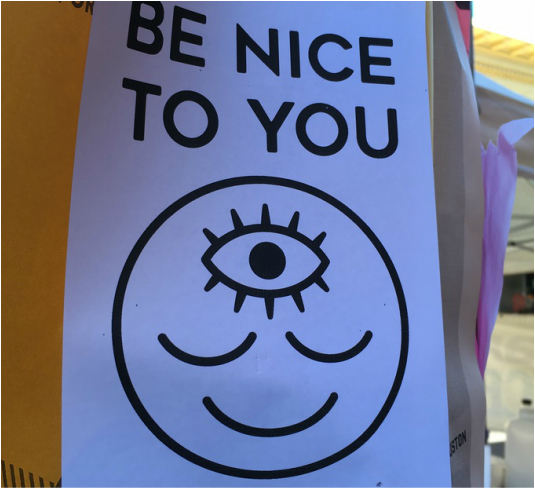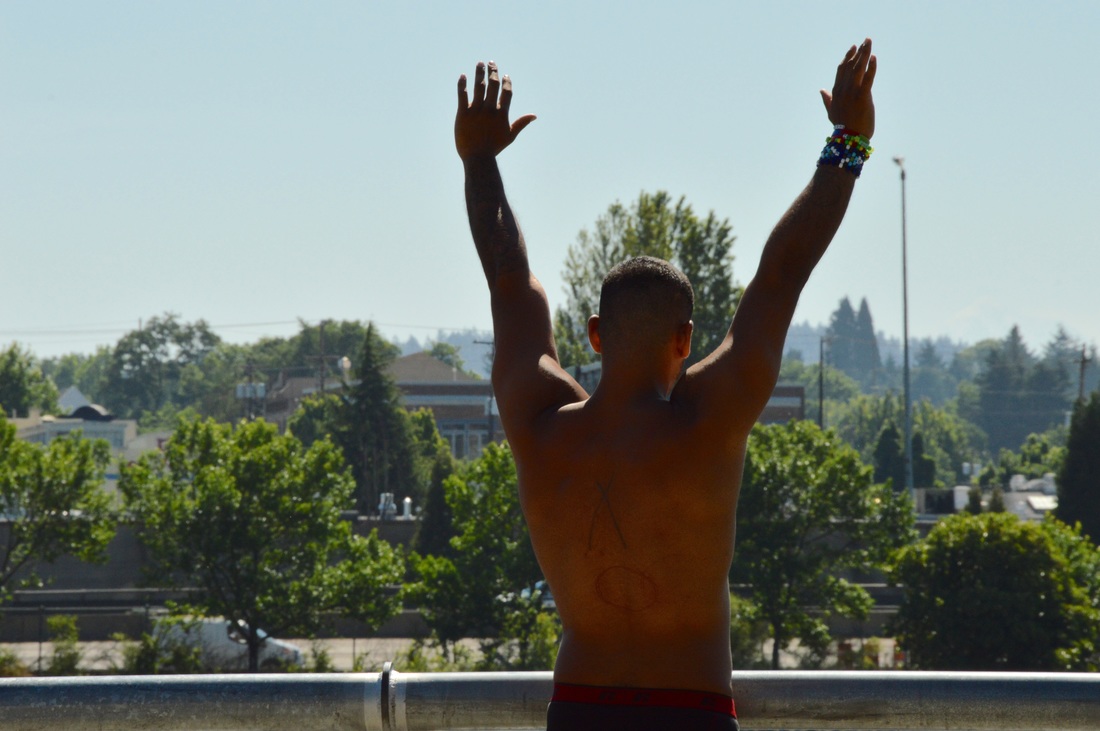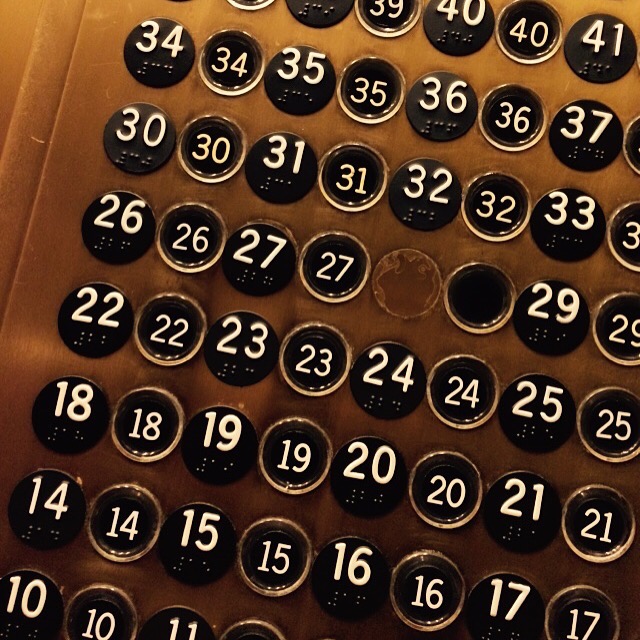|
Photo by Slideshowmom at Morguefile.com A Saturday morning from my childhood is on the other side of the bedroom door. It wafts in on the braided scent of coffee and bacon, makes muted clanking sounds as skillets hit the burners. I can hear my parents’ footsteps on the other side of the door and the faint, short “shhhh” sound that means they’re saying my name. I’m pretty sure that if I check my phone there’ll be a text from one of them. But precisely because I know this, I’ve put the phone on mute. I’ve laid it face down on the nightstand so I can’t see the screen light up. Then for extra measure, I get up, move it to the bathroom counter, and close the door.
Photo by Robenmarie at Morguefile.com “Don't get all romantic about my writing habits,” my friend Ellen insisted. I’d made some offhand comment in an email about how consistent her writing practice is, but she wasn’t having it. “I’ve written barely anything since June, no joke,” she wrote, quick to correct me. “I fell so far off the wagon.”
Sound familiar? When I first read it, I didn’t really believe her. Whaaaa??? I thought to myself. That can’t be true. But then I thought about what Ellen’s life had been like since June, and realized she was partly right. Photo Credit: M. Boyd One of the things I loved most about faculty life was the fact that New Year’s Day came three times a year. First, there’s the Academic New Year: the start of fall semester, which somehow manages to feel hopeful, despite our recognition of how buried we’ll eventually be by an excess of obligations. Of course, there’s the last New Year, undoubtedly the favorite, when summer begins. This one is a slow unwinding, a long-awaited loosening of a grip we hadn’t realized we’d been holding so tightly.
Finally, there’s January's New Year, which nonacademics celebrate along with us, and which feels like a brisk wind whipping through our lives, sweeping aside what’s stale and making way for things unseen. This New Year provokes a degree of reflection that isn’t always part of the other two New Year’s Days, where we sift through what came before to try to figure out what the semester and year ahead will look like. “Your core’s weak,” Caileen says, nodding her head in woeful self-confirmation. She’s watching me struggle through a leg lift that shouldn’t be hard, one I can’t complete without tilting my hips all off kilter. It’s a compensation I can’t even detect, much less keep myself from doing, and watching me turns Caileen’s nodding to a slow, regretful head shake. “Your abs are so weak they can’t maintain your posture for you,” she says, reaching down to help me and my ego off the floor. “So your back has to work double time to make up for it. That’s why it hurts.”
I was rereading my journal a few weeks ago, when I came across the following line:
I’m so tired and scared that I literally can’t think straight When I wrote those words, I was at the end of a long stretch in which I’d uncharacteristically overworked myself. I’d consciously chosen to work every day, for too many hours, for several weeks in a row, but was resentful about it. Having to do so was unexpected, undesired, and—as my journal entries repeatedly insisted at a nearly audible whine—Not. My. Fault. I can’t believe that [expletive] [expletive]. If that [expletive] hadn’t [expletive] done what they did, I [expletive] wouldn’t have to be…you get the point. I used to feel, when I was a graduate student, that working on my dissertation was like being in love. It was the first thing I thought of when I woke up in the morning, and the last thing I thought about before falling asleep at night. I spent long, empty hours in between dreaming of its shape: who it really was, what it meant when it said this or that, whether or not our ideas were compatible. Whether it would leave me for someone else.
So a few weeks ago, I’m having dinner with a poet friend of mine, and she’s telling me about her new book. Her editor had been ignoring her emails for months, she said, then all of the sudden, just that day, she’d gotten a response saying the book was in production. Was she ready, the editor wanted to know? Was she prepared for her first book event in September? O how nice, I thought to myself, such a nice way to start the fall. While I was thinking that, she said “That’s just six weeks away.”
The first time it was Charleston. I was leading a writing retreat halfway across the country, when I heard about the shooting. All the retreaters had followed my advice and sworn off email and Facebook for the week, so I was the only one who knew. I accidently let slip some vague comment about it to Kylie, a scholar of race and community development. When she asked me to explain, I refused and said, “Just don’t check the news.” Later, she told me that after the retreat, on the way home from the airport, she started crying so hard she had to pull the car over.
“I have to confess something,” Trina said, gazing directly at me. “I haven’t done any writing since the last time we talked.” She’d just finished one of my writing retreats a few weeks earlier, and this was our first time talking since then. “I had these long blocks of time set aside in my calendar to work on my book proposal,” she said, her face pinking up. “But I just didn’t do it.”
When I asked Trina what she’d done instead, I expected to hear she’d gotten distracted by the joys of summer, and had never even made it into her office. Or perhaps her partner had been on vacation and lured her away from work. Instead, she told me she didn’t work on her book proposal because she had to complete a different writing project. “The deadline was pretty short,” she said, the pink in her cheeks blooming from a gentle rose to bright bubble gum. As if she hadn’t done any work at all. As if she’d sat around poolside, sipping Negronis for the last two weeks. We’d just made our way through security and were headed toward our gate when it hit me. “O no,” I said, whispering to make it less true. “Noooooooooooooo, no, no, no, no.” My husband looked up at me, wondering what I’d forgotten, and how badly it was going to screw up our trip.
“The charger,” I said. “I forgot the charger.” He smiled and brought his rollybag to a why-do-you-worry-so-much stop in front of the airport electronics store. “Look!” he said. “No big deal.” Except it wasn’t the phone charger I’d forgotten. It was the laptop charger, which of course they don’t sell at the airport. I was tagging along on his work trip to Juneau, a quietly beautiful, remote little town in Alaska. No Best Buy. Certainly no Apple store. By the time I walked into Juneau Electronics the next day, I was on the verge of panic. |
|
© 2018 InkWell Academic Writing Retreats
|

